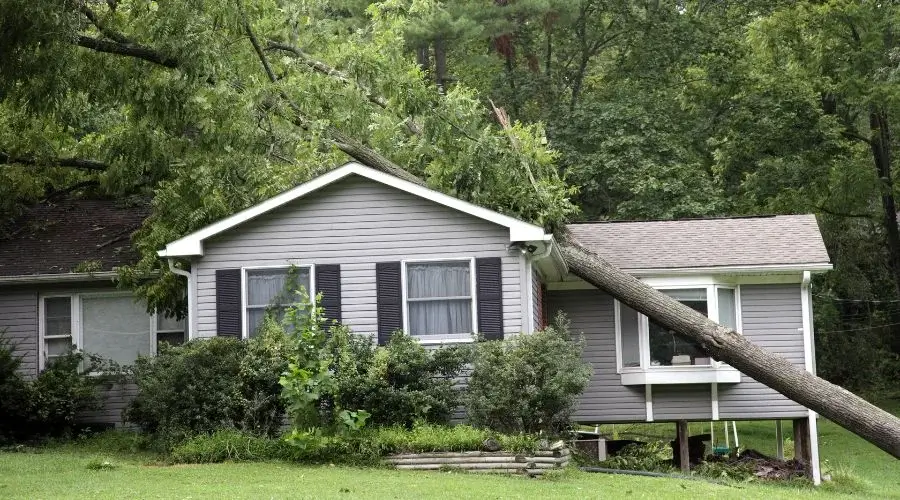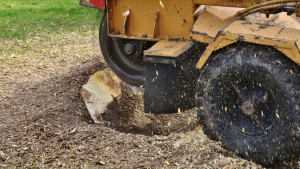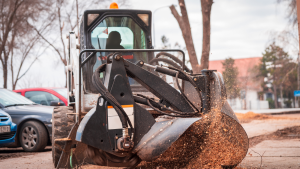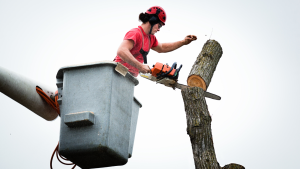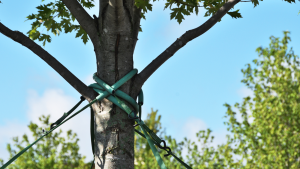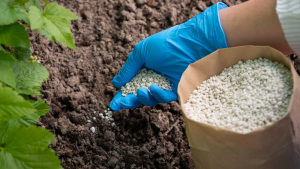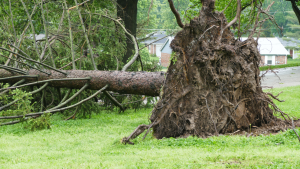Trees are wonderful additions to any property, providing shade, beauty, and environmental benefits. However, when it comes to landscaping, it’s important to consider where and how you plant trees. While it may be tempting to place them near your house for aesthetic or practical reasons, there are compelling reasons why you should avoid planting trees too close to your home.
1. Foundation Damage
One of the primary reasons not to plant trees too close to your house is the potential for damage to your home’s foundation. As trees grow, their roots can extend far and wide in search of water and nutrients. If a tree is planted too close to your home, its roots can infiltrate the foundation, causing cracks and structural damage. This can lead to costly repairs and compromise the stability of your house.
2. Plumbing and Sewer Issues
Tree roots have a remarkable ability to infiltrate pipes and plumbing systems. If trees are planted near your house, their roots may grow into underground water and sewer lines. This can result in clogs, leaks, and blockages, leading to costly and inconvenient repairs.
3. Damage to Sidewalks and Driveways
Another common issue with trees planted too close to a house is the potential for damage to sidewalks, driveways, and other paved surfaces. As tree roots expand, they can lift and crack concrete and asphalt, creating tripping hazards and necessitating repairs.
4. Roof Damage
Overhanging branches from trees planted close to your home can also pose a threat to your roof and Joliet Tree Service urges homeowners to think twice about this. Falling branches, leaves, and debris can clog gutters and downspouts, leading to water damage, mold growth, and a shortened lifespan for your roof. Additionally, close proximity to trees increases the risk of falling branches during storms or high winds, potentially causing significant roof damage.
5. Pest Infestations
Trees near your house can provide easy access for pests like squirrels, raccoons, and insects. These animals may find their way into your home, causing damage and creating hygiene issues. Insects attracted to the trees may also find their way indoors, making pest control more challenging.
6. Reduced Sunlight and Airflow
While trees provide shade, too much shade can be detrimental to your home and yard. Reduced sunlight and airflow can result in a damp environment that is conducive to mold and mildew growth. It can also make it difficult for your lawn, garden, or even parts of your home to receive adequate sunlight.
7. Fire Hazard
In areas prone to wildfires, planting trees too close to your home can increase the risk of fire spreading to your property. Trees can act as fire fuel, and if they are too close to your house, the flames may easily reach your dwelling.
8. Maintenance Challenges
Trees close to your home can pose maintenance challenges. Leaves, branches, and fruit droppings can accumulate on your roof and in gutters, requiring regular cleaning and maintenance. Additionally, pruning and maintaining the tree itself may be more complicated when it’s situated in close proximity to your house.
In conclusion, while trees are a valuable addition to any property, it’s crucial to consider their placement carefully. Planting trees too close to your house can lead to a range of issues, from structural damage to maintenance challenges. To enjoy the benefits of trees without these problems, consider planting them at a safe distance from your home, allowing both your house and the trees to thrive. When planning your landscaping, consult with a professional arborist or landscaper to make informed decisions about tree placement and species selection to ensure the long-term health and safety of your home.
